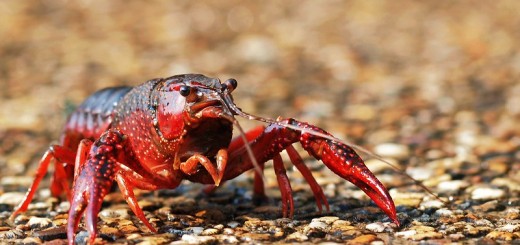Nearly half of all natural World Heritage sites, including the beleaguered Great Barrier Reef and Machu Picchu, are under threat by industrial activities, warns WWF in a new report.
According to the study, 114 out of 229 World Heritage sites are threatened by oil and gas exploration, mining and illegal logging. More than 11 million people depend on these sites for food, water, shelter and medicine.
“We need to wake up to the fact that people don’t just protect these sites, these sites protect people,” said WWF director general Marco Lambertini in a press release.
The 229 natural and mixed sites include national parks and reserves, coral reefs, islands and coastal areas. But as the report shows, half of all the sites are under threat from industrial activities, while 20 per cent face threats from multiple harmful industrial activities.
For instance, Australia’s Great Barrier Reef, which is currently experiencing its worst-ever coral bleaching, is threatened by both mining and shipping.
Belize’s Barrier Reef Reserve System is at risk from coastal construction, large-scale mangrove clearance, agricultural run-off and the potential of oil exploitation. Together, these threats put the well being of 190,000 people – half of Belize’s population – at risk.
WWF insists that protecting natural areas and ecosystems is not anti-development. To the contrary: World Heritage sites can play a key role in achieving the global sustainable development goals agreed last year by UN member states.
As the report found, 90 per cent provide jobs in tourism and other sectors and more than two-thirds are important for water provision.
“Healthy natural World Heritage sites contribute to poverty reduction, help alleviate food insecurity, combat climate change and restore and promote the sustainable use of ecosystems,” said Lambertini.
WWF is calling on governments to ensure that no harmful industrial activities are permitted in World Heritage sites, and is appealing directly to companies to refrain from such activities and on financial institutions not to fund them.
Image credit: lord the air smells good today, flickr/Creative Commons











